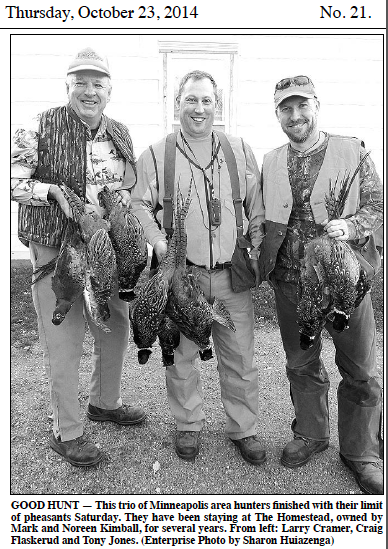The kids and I are getting a new addition to our family this Saturday: an 8-month-old yellow labrador retriever named, Albert. And we can hardly wait.
It’s been a year-and-a-half since I put down my beloved, Beaumont, and I’ve wanted a dog every day since. But it’s been difficult in this time of transition to imagine how a dog would fit in the family. Now we’ve got a stable living situation, and I’ve got friends and family willing to pitch in to help with Albert when I have to travel on occasion.
Albert will not only be a family pet but a hunting partner, so he and I will be spending lots of time training this spring and summer. Thus, I’ve gone back to the two books that guided me when I trained Beaumont. They are:
How To Be Your Dog’s Best Friend by the Monks of New Skete. I think this is a must-have book for anyone who has a dog. The monks, based in upstate New York, breed and train German Shepherds, and the core of their training philosophy is that a dog is a domesticated wolf. Being that domestication has removed the dog from its natural pack setting, it substitutes your family for the pack, and the best way to have a well-behaved dog is to recognize this fact and to establish yourself as the alpha wolf in the pack.
Their advice ranges from how to reward and discipline your dog to this gem about letting your dog sleep in your bedroom (your “den”):
“The dog is enjoying an extended period of time with your scent. The bedroom contains the most intense scents…For your dog, the in-bedroom sleep is a “high” — but a high that must be properly regulated and controlled.”
Training Your Retriever by James Lamb Free. First published in 1949, this is the bible of retriever training. It’s also outdated, hilarious, and about as different from the monks’ book as you could imagine. As you can see in the Amazon reviews, Lamb Free dictates corporeal punishment for the dog — he also recommends that the dog sleep outside and only be brought out of its kennel for training sessions. Here’s some of his classic prose:
Whether it’s a retriever your after, or a trainable, intelligent dog of any breed for any purpose, it pays to loosen your purse strings before your start, even if it kills you.
If you honestly can’t afford to pay the price a reputable breeder asks for an older, trained dog, then content yourself with a pup or a young untrained dog.
If you can’t afford to pay for the pup, you can’t afford to keep him anyway.
If you’re just plain tight, to hell with you.
But for all that, no one book better gives a plan for training a retriever to hunt than Lamb Free, all the way from the simple sit command to the most difficult blind retrieves. I’ve found that using these two books in concert is just the right mix of old theory and new, soft-hearted family pet instruction and hard-headed hunting training.
Anyone else have any suggestions?















